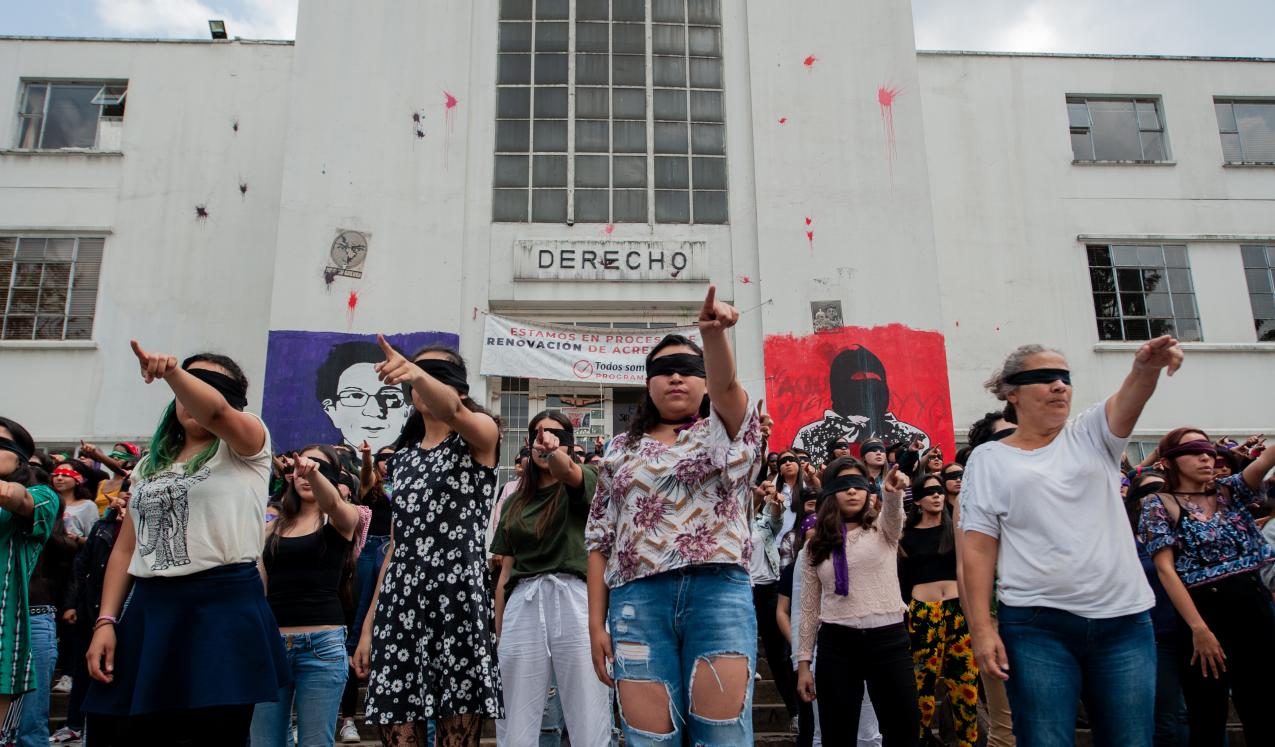
- Report
- 4 September 2024
Feminist organisations as agents of norm change: advancing justice for victim-survivors of GBV in Colombia
- Published by: ALIGN, SISMA Mujer
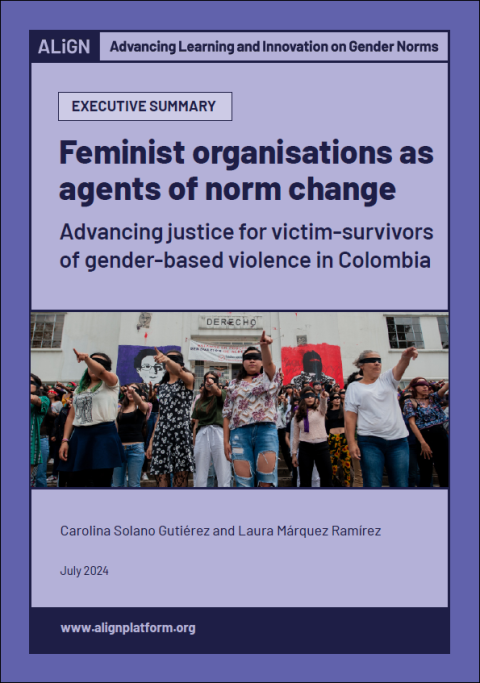
In Colombia, despite the presence of various laws designed to combat gender-based violence (GBV), this type of violence persists – as in many other parts of the world. Feminist activism, and its crucial role in shifting societal norms around gender, is essential for addressing and eliminating GBV.
This ALIGN-funded report, written by SISMA Mujer, provides emerging evidence from Colombia on the impact of feminist and LGBTQI+ organisations on the transformation of the patriarchal gender norms held by justice officials in the country. These norms are recognised as one of the principal obstacles to the effectiveness of GBV legislation and a significant barrier for victim-survivors in accessing justice.
This research shows how patriarchal gender norms are still present among justice officials, the variety of strategies that Colombian feminist and LGBTQI+ organisations have used to contest and transform them, and their victories thus far.
Key messages:
- GBV victim-survivors face significant barriers to accessing justice due to revictimizing practices, lack of knowledge among authorities of GBV legislation, resistance to considering the effects of the armed conflict, the undervaluing of certain forms of GBV, and discrimination and violence against feminist lawyers. These barriers are rooted in patriarchal gender norms that normalise and dismiss gender-based violence.
- Feminist organisations have employed strategies such as comprehensive litigation, advocacy, trainings, and alliances to address the patriarchal gender norms that permeate the justice system and prevent GBV victim-survivors from accessing justice.
- Feminist organisations have achieved significant victories by securing judgments that have set precedents for modifying national laws and regulations to ensure they are gender-sensitive and respect the rights of girls, women, and LGBTQI+ people. These achievements contest the gender norms that normalise and dismiss gender-based violence within Colombia’s judicial system.
- Countries / Regions:
- Colombia
Related resources
Report
5 March 2025
Published by: ALIGN

Report
12 February 2025
Published by: ODI
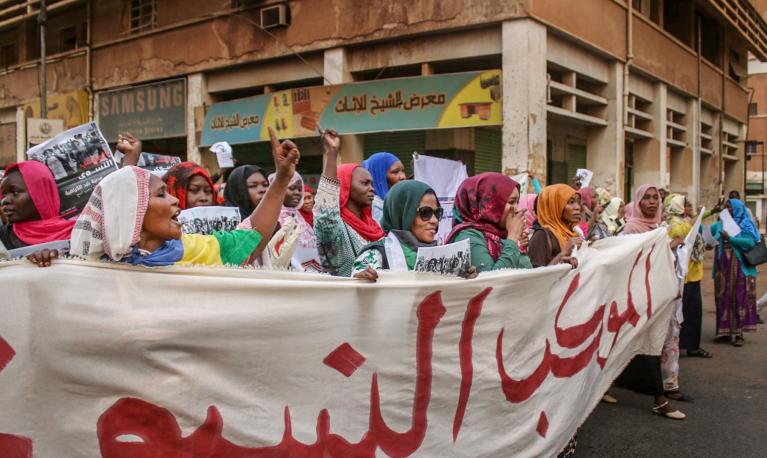
Blog
10 February 2025
Published by: ALIGN

Blog
19 December 2024
Published by: ALIGN

Blog
5 December 2024
Published by: ALIGN
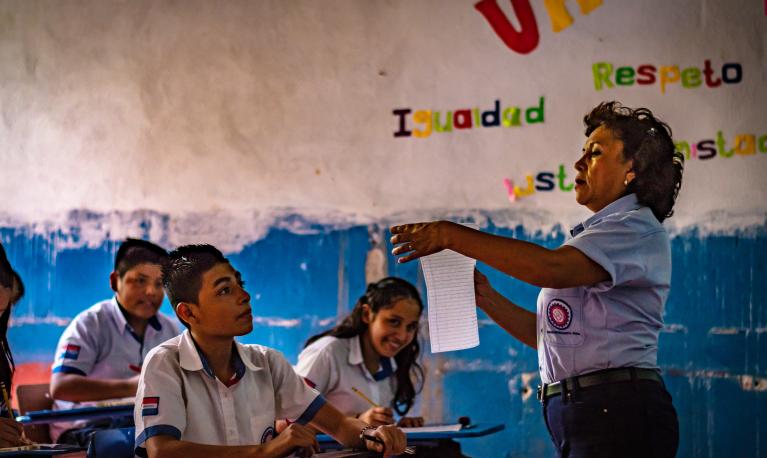
Report
30 September 2024
Published by: ALIGN, Frente Nacional para la Sororidad
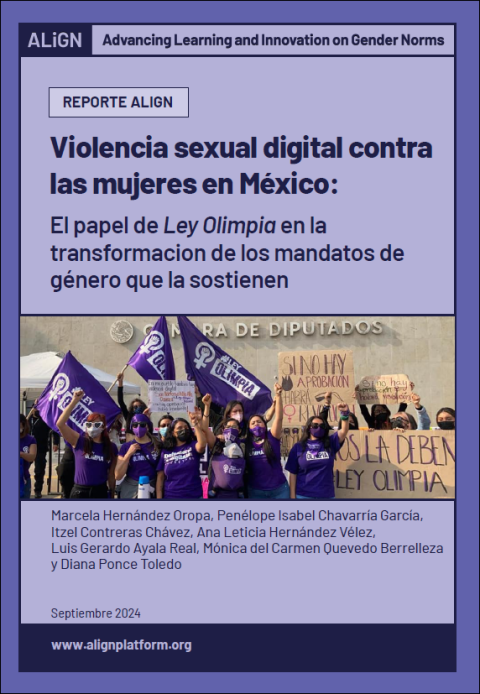
Report
5 August 2024
Published by: ALIGN
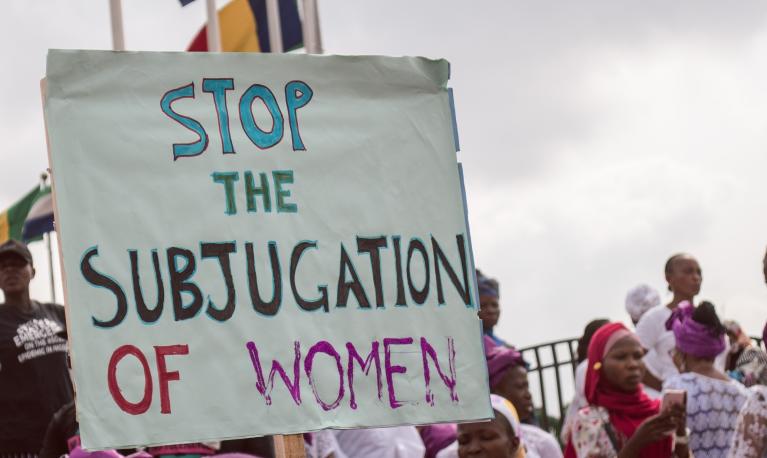
Report
17 July 2024
Published by: ALIGN
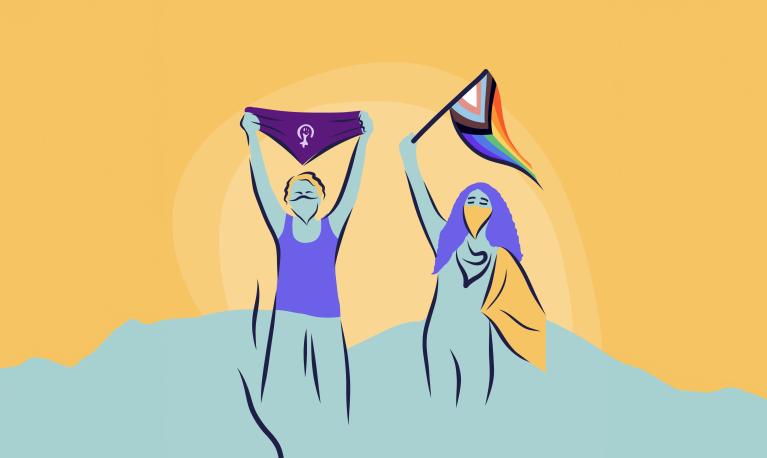
Case study
1 April 2024
Published by: Spotlight Initiative
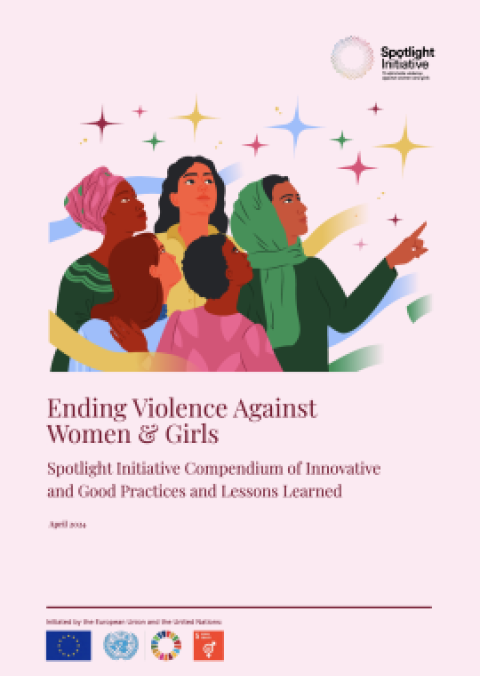
Blog
8 January 2024
Published by: ALIGN

Blog
4 December 2023
Published by: ALIGN
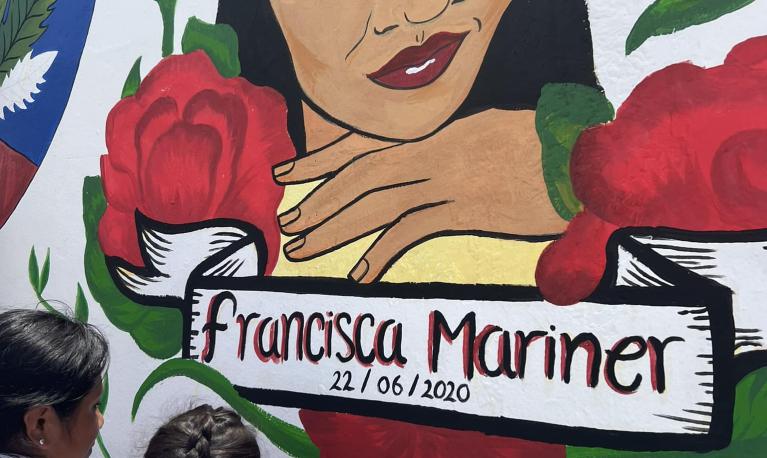
Blog
24 November 2023
Published by: ALIGN
